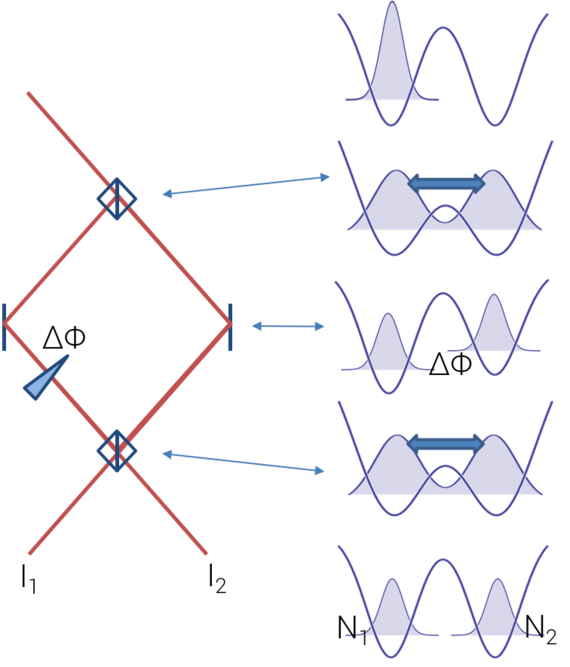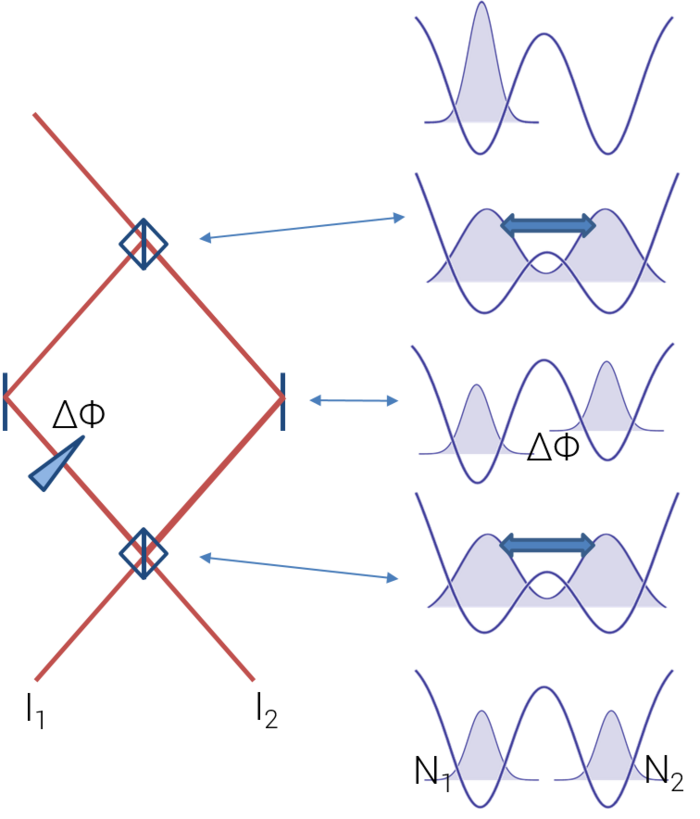The "direction signs" of the future






Position determination has been key to civilization development since 1000s of years. With the establishment of Global Navigation Satellite Systems (GNSS; most prominently the Global Positioning System GPS) accurate positioning has found its way into virtually everybody's pocket in the form of compact and cheap chipsets in mobile phones. GNSS, however, is prone to certain technical limitations. Heavy tree coverage, urban or mountainous terrain, or tunnels lead to positioning errors or total loss of signal which makes navigation, e.g. for flying in challenging terrain difficult to impossible. Inertial navigation allows determining one's position by knowing the starting position and continuous determination of all three translational and rotational degrees of freedom followed by integration and use of Newtonian physics. In practice, however, GNSS-free navigation over extended periods of time is troublesome since it leads to positioning errors due to intrinsic noise and drift behavior of classical inertial navigation systems (INS). In this project, we want to develop quantum inertial navigation sensors (QINS) which, opposite to their classical counterparts, are subject to much smaller positioning errors. This will, e.g., allow their use in autonomous driving, rescue helicopters, and even deep space navigation. Furthermore, we will explore prospects of combined applications in flight gravimetry, e.g. to detect aquifers or raw materials.
Guided matter wave interferometers
Contrary to sensors operated with free falling matter waves, guided matter waves allow to extend the dynamic range of the sensors and make it less prone to loss of signal, e.g. due to high rotation rates and transient accelerations. The high degree of flexibility of matter wave guides opens possibilities to simultaneously measure on multiple axes. We will investigate robust sensing schemes and develop protocols to mitigate key noise sources. As a result, the route towards a compact chip-based sensor for commercial use will be opened.


